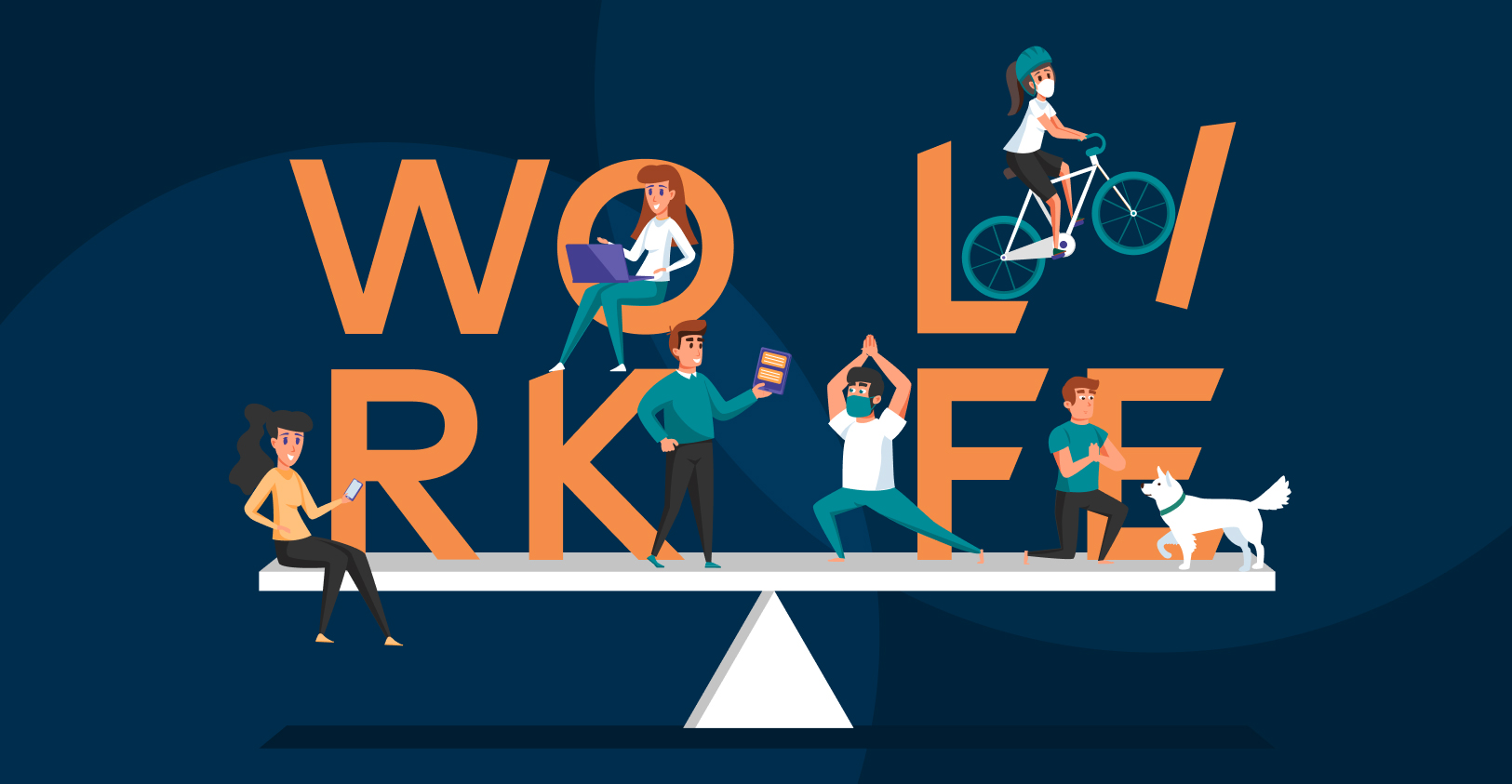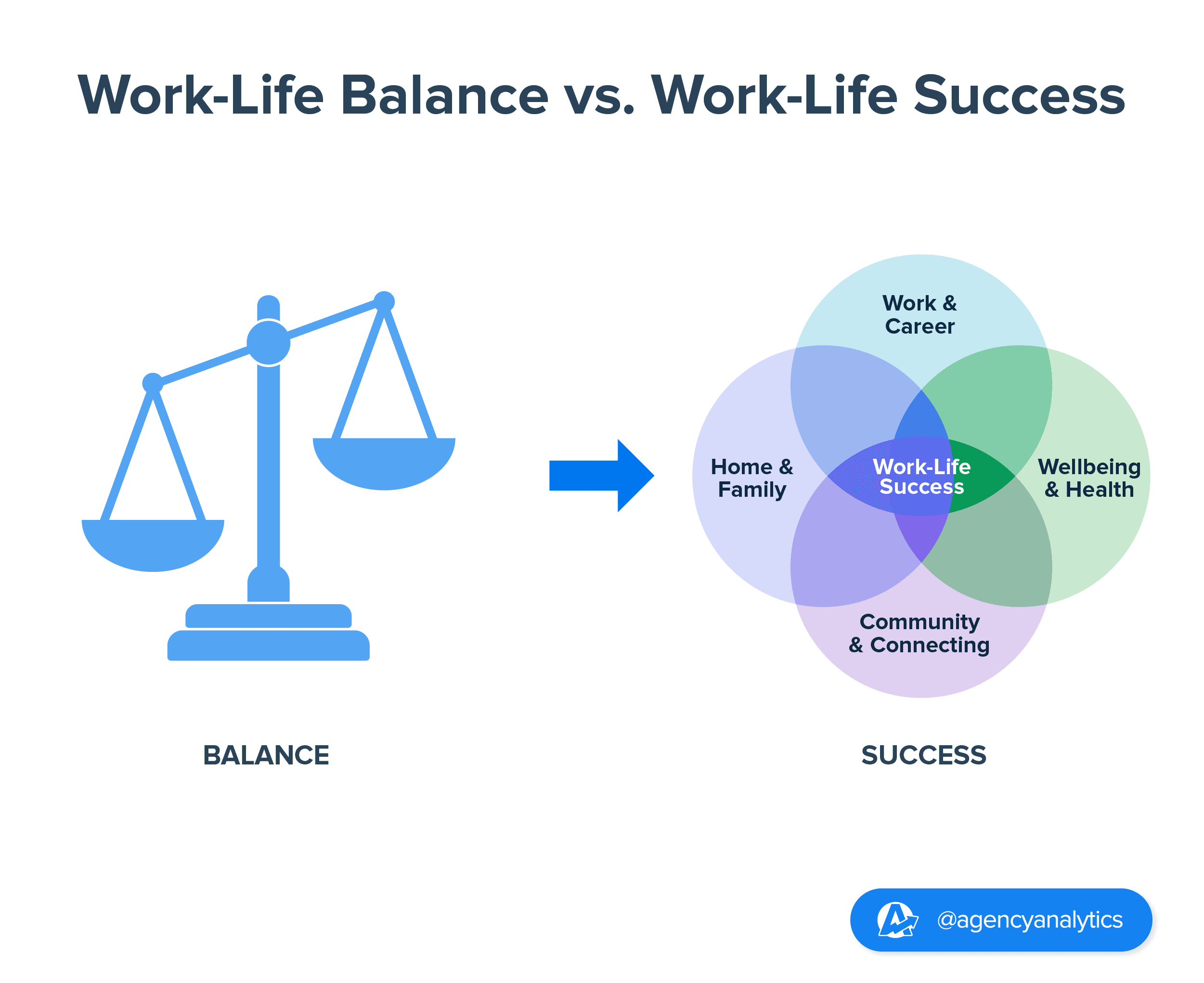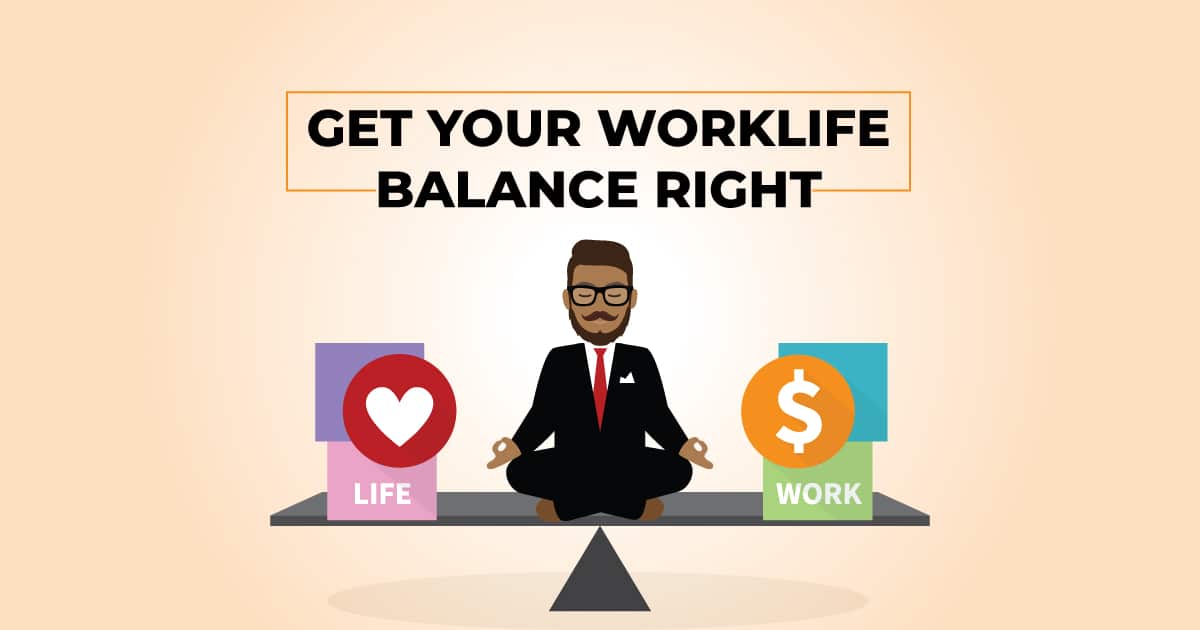Work-Life Balance for Growth: How to Achieve Success Without Sacrificing Your Well-Being

In today’s fast-paced world, achieving work-life balance has become a critical component of professional success and personal fulfillment. With the rise of remote work, flexible hours, and the ability to connect 24/7, the lines between work and personal life are increasingly blurred. This challenge has made it more important than ever to prioritize your mental health, physical well-being, and career growth equally.
Achieving a balanced lifestyle isn’t just about working less—it’s about creating synergy between your career ambitions and personal life goals. This article will explore the importance of work-life balance, the benefits it brings to both individuals and businesses, and actionable strategies to create harmony between the two.
What is Work-Life Balance?
Work-life balance refers to the equilibrium between time spent on work-related activities and personal activities. A balanced life means not only excelling in your professional role but also having the time and energy to invest in relationships, personal hobbies, health, and self-care.
In essence, work-life balance is about creating boundaries that allow you to:
- Prioritize your well-being.
- Manage stress effectively.
- Be present in both your professional and personal life.
- Achieve sustainable success without burning out.
The Growing Importance of Work-Life Balance
As we advance into a more interconnected and tech-driven world, achieving work-life balance is no longer a luxury; it’s a necessity. Research has shown that people who maintain a healthy work-life balance report higher levels of productivity, job satisfaction, and overall happiness.
Moreover, businesses are beginning to realize that when employees are able to maintain this balance, work performance improves, leading to increased engagement and lower turnover rates. This has given rise to more progressive policies, such as flexible working hours, remote work opportunities, and mental health support in the workplace.

Why is Work-Life Balance Crucial for Growth?
Achieving work-life balance isn’t just about maintaining equilibrium—it’s also about fostering growth. Whether you’re an entrepreneur, employee, or freelancer, balance enhances growth potential in multiple areas. Let’s explore how balance contributes to personal and professional growth.
1. Boosts Productivity
When you are well-rested and mentally refreshed, your ability to concentrate, problem-solve, and complete tasks increases. Studies have shown that employees with a healthy work-life balance experience higher levels of productivity and creativity.
2. Reduces Stress and Prevents Burnout
Chronic stress from overwork can lead to burnout, a state of emotional, physical, and mental exhaustion. By taking regular breaks and scheduling time for personal care, you reduce the risk of burnout and enhance your ability to work efficiently.
3. Enhances Job Satisfaction
A balanced lifestyle helps you feel more fulfilled, both personally and professionally. When you feel supported in your career and personal life, job satisfaction improves, which in turn leads to higher employee retention rates.
4. Strengthens Relationships
Having time for your family, friends, and other personal relationships enhances your emotional support network. Strong relationships contribute to your overall well-being and improve your ability to perform well at work.
5. Improves Health and Well-being
When you balance work with regular exercise, sleep, and healthy eating, you promote better physical health, which boosts energy levels, mental clarity, and performance at work.

How to Achieve Work-Life Balance for Growth
Achieving work-life balance isn’t a one-time task but an ongoing process of integrating healthy habits and boundaries into your daily routine. Here are key strategies to help you achieve balance:
1. Set Clear Boundaries
In today’s digital world, it’s easy for work to spill over into personal time. To avoid this, set clear boundaries between your work and personal life. This includes:
- Designating a work area if you work from home.
- Turning off work-related notifications after business hours.
- Setting specific times for work and relaxation.
By clearly defining these boundaries, you ensure that your personal life isn’t overtaken by work demands.
2. Prioritize Your Tasks
Not all tasks are created equal. By identifying your most critical tasks—both in work and personal life—you can prioritize your time and energy more effectively.
- Use a task management system (such as Trello or Asana) to track your responsibilities.
- Focus on high-impact tasks that move you closer to your goals.
- Delegate or eliminate tasks that don’t add value to your long-term success.
3. Schedule Regular Breaks
Work without breaks leads to burnout. To maintain high levels of productivity and well-being, schedule regular breaks throughout your day. This helps you recharge and stay focused. Consider using the Pomodoro Technique, which involves working for 25 minutes, followed by a 5-minute break.
4. Embrace Flexibility
If possible, embrace flexible working hours or remote work opportunities. Working remotely allows you to better manage your time and create an environment conducive to both work and relaxation. Flexibility lets you integrate your work around your personal life rather than the other way around.
5. Practice Self-Care
Self-care is essential for both physical and mental well-being. Activities like exercising, meditating, and spending time with loved ones are all vital in maintaining a healthy work-life balance. Regularly schedule time for activities that relax your mind and recharge your energy.
6. Learn to Say No
Sometimes, achieving work-life balance requires saying no. Whether it’s turning down an extra project or declining an invitation, learning to say no ensures that you have enough time and energy to focus on your priorities.
Work-Life Balance for Business Growth
For businesses, promoting a healthy work-life balance isn’t just beneficial for employees—it can lead to greater organizational success as well. Companies that support their employees’ personal and professional growth experience several advantages:
- Higher Employee Retention: When employees feel supported, they are more likely to stay with the company.
- Increased Employee Engagement: A balanced workforce is more engaged, motivated, and committed to the organization’s success.
- Attraction of Top Talent: Companies with a focus on work-life balance attract the best talent, as work-life balance has become one of the most important factors in choosing an employer.
Implementing Work-Life Balance in the Workplace
Businesses that want to foster work-life balance can take several steps, such as:
- Offering flexible hours or the option to work remotely.
- Providing mental health resources or counseling services.
- Encouraging employees to take regular breaks and time off.
- Creating an open culture where employees feel comfortable discussing their work-life balance needs.
By investing in work-life balance initiatives, companies can foster a more productive, loyal, and healthy workforce.

FAQs About Work-Life Balance for Growth
1. What are the best strategies to improve work-life balance?
The best strategies include setting clear boundaries, prioritizing tasks, scheduling regular breaks, embracing flexibility, and practicing self-care.
2. How can work-life balance boost productivity?
Work-life balance improves productivity by reducing stress, preventing burnout, and helping you maintain a sharp focus on high-priority tasks.
3. Why is work-life balance important for employees?
Work-life balance enhances job satisfaction, reduces stress, strengthens relationships, and improves overall well-being, leading to higher productivity and better mental health.
4. Can businesses benefit from promoting work-life balance?
Yes, businesses benefit from higher employee engagement, retention, and attraction of top talent, as well as fostering a healthier and more productive workforce.
5. What are the signs of an unhealthy work-life balance?
Signs of an unhealthy work-life balance include chronic stress, burnout, fatigue, and neglecting personal relationships or self-care.
Conclusion: The Key to Sustainable Growth
Achieving a healthy work-life balance isn’t just about managing your time—it’s about managing your energy and priorities to ensure sustainable growth. Whether you’re an individual looking to thrive in both your career and personal life, or a business aiming to support a more engaged workforce, work-life balance is essential.
By implementing the strategies outlined in this article, you can create a fulfilling, balanced life that fosters both personal happiness and professional growth. Embrace the power of balance and watch how it transforms your life and career for the better.

